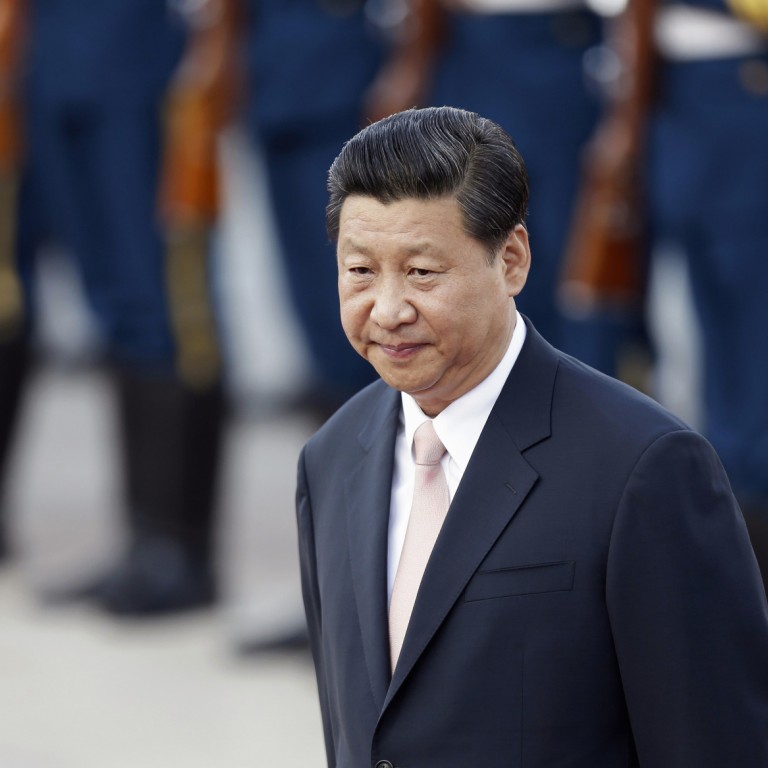
Will new security panel be US or Soviet flavoured?
Plenum resolution was typically vague on the role and structure of new intelligence panel
The security panel set up by the Communist Party earlier this month bears a similar name to two very different foreign agencies: the US National Security Council (NSC) and the now defunct KGB, whose Russian name translates to the Committee for State Security.
The American panel serves as a venue for the president to meet with his top national-security and foreign-relations advisers. The KGB was a vast security and espionage apparatus focused as much on domestic threats as foreign ones.
Whether President Xi Jinping’s “national security committee” will resemble either of these agencies is anyone’s guess. The document announcing its creation – the resolution of the Central Committee’s third plenum – contains only one three-sentence paragraph describing the committee’s purpose.
Analysts generally see the new committee as a move by Xi to consolidate power and bring the People’s Liberation Army under tighter control of the party leadership. But some warn the entity could represent step backwards if it functions informally, outside the defined framework of the government structure.
“The key is whether real power in the NSC is institutionalised or is exercised informally,” said John Lee, a regional security expert with the University of Sydney’s Centre for International Security Studies. “If institutionalised, this is an advancement. If the latter, then it could just become even more of a confusing decision-making structure.”
Lee said he believed the committee might act as a co-ordinating body between the Central Military Commission and other organs, such as the 25-member Politburo. Its creation represented an understanding that the country had outgrown the institutions set up under Mao Zedong and Deng Xiaoping, he said.
The key is whether real power in the NSC is institutionalised or is exercised informally
“There is a realisation that various groups acting without authority or co-ordination, such as the PLA, have damaged China’s hard won diplomatic gains and there needs to be more oversight over such decision-making,” Lee said.
It is widely believed that the committee was modelled after the US NSC. Former president Jiang Zemin , after all, once pushed for setting up such a committee after visiting the NSC in Washington.
China is the only permanent member of the UN Security Council without a top-level co-ordinating body for security. Japan, Taiwan and South Korea also have security councils. Germany is debating the need for one, as well.
Like, the NSC, the Chinese panel is expected include top officials from the foreign ministry, the military and the intelligence agencies.
But some observers have cited the decision to make domestic security a prominent piece of the committee’s portfolio as a sign that Xi intends to build something more closely resembling the Soviet model.
Such critics worry the committee will focus heavily on threats to “social harmony”, which can include everything from last month’s suspected terrorist attack in Tiananmen Square to political dissidents.
Yuan Jingdong, also of the Centre for International Security Studies, said the committee would likely be highly centralised, but not follow the Soviet example.
“The committee probably will be closer to the US National Security Council than the former Soviet Union’s KGB, even though it will definitely also look after domestic security and stability issues,” Yuan said.
Zhu Zhiqun, the MacArthur chair in East Asian Politics at Bucknell University, said the committee was necessary because both internal and external security challenges have grown more acute. He cited the Korean peninsula, border disputes and the US ‘pivot’ towards Asia.
“Domestically, Tibet and Xinjiang continue to be restive and mass protests nationwide have increased,” Zhu said. “Externally, China’s neighbourhood has become more unstable and unpredictable, especially with its relations with Japan have deteriorated to a historic low.

